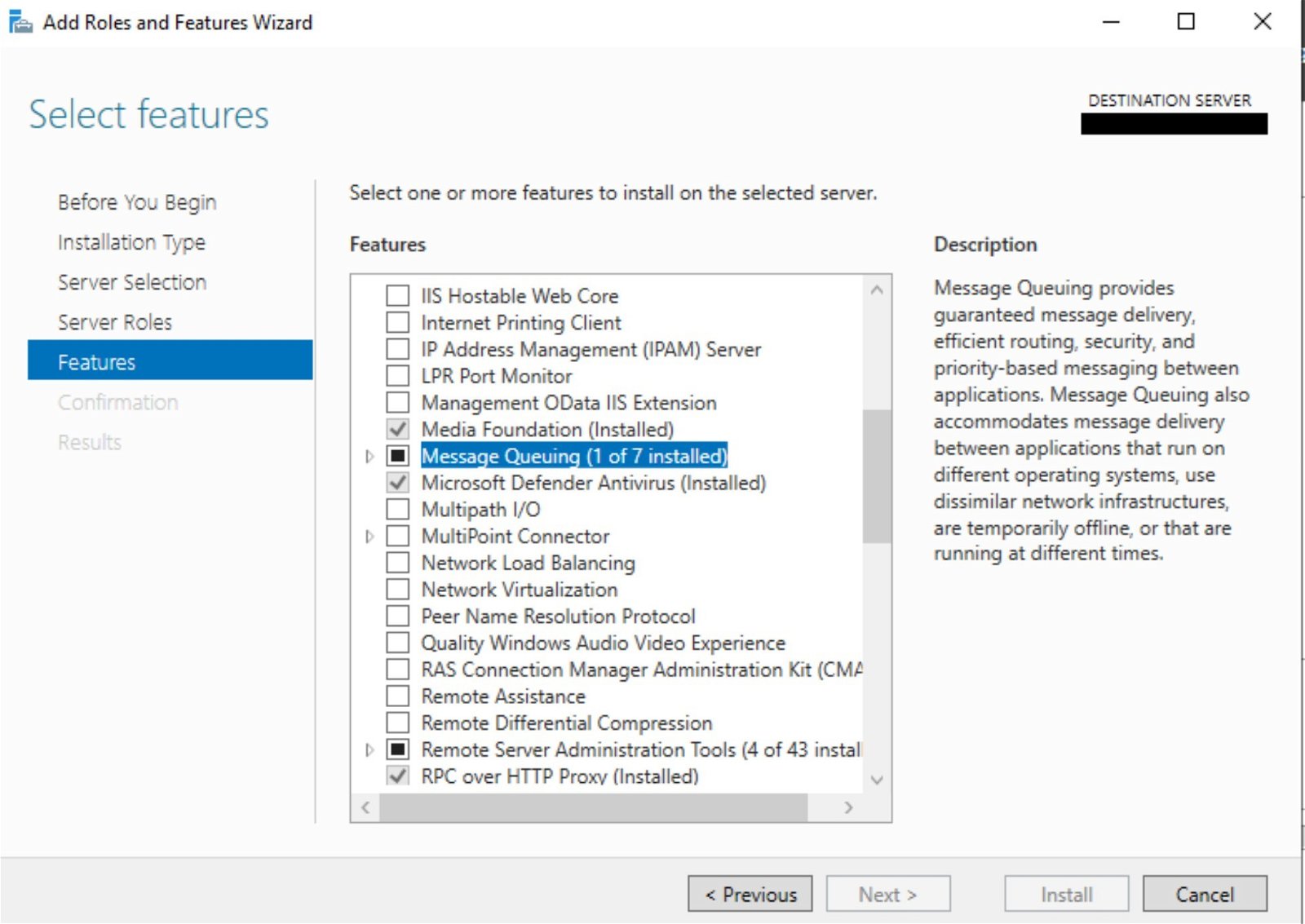Check Point Research recently discovered three vulnerabilities in the service “Microsoft Message Queuing”, commonly known as MSMQ. Microsoft was aware of these and fixed them in the patch April Patch Tuesday.
The most serious of these vulnerabilities, named QueueJumper by CPR (CVE-2023-21554), is a critical vulnerability that could allow unauthorized attackers to execute from distance arbitrary code within the Windows service process mqsvc.exe.

Check Point Research (CPR) blogs about the issue after patching to raise awareness of this critical vulnerability and provide defensive information and mitigation recommendations for Windows users. We will release the full technical details later this month, giving users time to patch their machines before we publicly reveal the technical details.
Key findings
Three vulnerabilities were discovered in the MSMQ service, which were fixed in the patch April Patch Tuesday:
- CVE-2023-21554 (QueueJumper) — Unauthorized, remote code execution
- CVE-2023-21769 — Unauthorized, remote Application Level DoS (disruption of service)
- CVE-2023-28302 — Unauthorized, remote Kernel Level DoS (Windows BSOD)
The most significant vulnerability allows unauthorized attackers to execute arbitrary code within the Windows service process, mqsvc.exe.
MSMQ is provided as an optional component of Windows and is still available on all Windows operating systems, including the latest Windows Server 2022 and Windows 11
MSMQ
According to Microsoft, Microsoft Message Queuing (“MSMQ” for short),
“is a messaging infrastructure and a platform development for building distributed, loosely coupled messaging applications for the Microsoft® Windows® operating system. Message Queuing applications can use the Message Queuing infrastructure to communicate between heterogeneous networks and with computers that may be offline. Message Queuing provides guaranteed message delivery, efficient routing, security, transaction support, and priority-based messaging.
The most recent Microsoft documents discussing the service were updated in 2016. Some MSMQ experts published a blog post in January 2020 exploring the service's retirement trend. Despite being considered a "forgotten" or "legacy" service, MSMQ is still available on all Windows operating systems, including the latest Windows Server 2022 and Windows 11, and is provided as an optional Windows component. Users can easily enable the service through the Control Panel or through the command PowerShell “Install-WindowsFeature MSMQ-Services".

Figure 1: Enabling/disabling the MSMQ service on a Windows server
The QueueJumper Vulnerability
CVE-2023-21554 vulnerability allows an attacker to potentially execute remote and unauthorized code by going to door TCP 1801. In other words, an attacker could gain control over the process via a single packet on 1801/ tcp port with the exploit, triggering the vulnerability.
The impact
We now know that the attacker is sending packets to service port 1801/tcp. In order to better understand the potential impact of this service in the real world, CPR did a full scan of the Internet. Surprisingly, we found that more than ~360.000 IPs have 1801/tcp open on the Internet and are running the MSMQ service.
Note that this only includes the number of Internet-facing hosts and does not take into account the computers hosting the MSMQ service on internal networks, where the number should be much larger.
The MSMQ service is a "middleware" service that some popular software relies on. When the user installs the popular software, the MSMQ service is activated in Windows, which can be done without the user's knowledge.
Protection & Mitigation
We recommend that all Windows administrators check their servers and clients to see if the MSMQ service is installed. You can check if a service named “'Message Queuing'” is running and TCP port 1801 is listening on the computer. If it is installed, check again if you need it. Closing unnecessary attack surfaces is always a very good security practice.
For this particular vulnerability we recommend that users install the official patch of Microsoft as soon as possible. If your enterprise requires MSMQ, but is unable to apply the Microsoft patch at this time, you can work around blocking incoming connections for 1801/tcp from untrusted sources with Firewall rules (for example, blocking Internet connections on 1801/tcp for computers with Internet access).
Check Point IPS has developed a signature named “Microsoft Message Queuing Remote Code Execution (CVE-2023-21554)” to detect and protect Check Point Software customers from the QueueJumper vulnerability.



